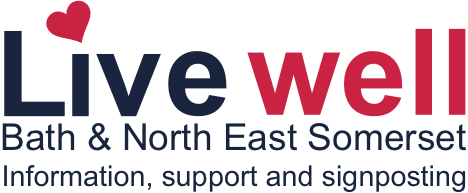If you employ a PA:
- You will be their employer
- You will set their hours and rate of pay and have a job description and contract of employment with your PA
- The PA will be entitled to be paid annual leave, maternity / paternity and sickness leave
- You have the responsibilities of an employer such as ensuring you pay them correctly, the relevant deductions for tax etc are made, and that they are enrolled into a workplace pension scheme
- You will need to have Employers’ Liability insurance
If you use a self-employed PA or micro-provider:
- You will not be their employer, they will be their own boss
- They will work to an agreed contract which will include rates of pay, hours and notice period
- They may work for other people as well
- They are responsible for paying their own tax and national insurance contributions, pension contributions and training costs
- They will need to provide adequate insurance
- They will need to provide evidence of an up-to-date enhanced Disclosure and Barring Service check (DBS)
Some of the benefits of employing a PA yourself may be:
- You choose who you want to support you
- Having control over how and when your care is delivered
- Having consistency of care
- A more personal and flexible approach
Challenges of being the employer of your PA could include:
- You may find it difficult to recruit the right person for you, or who fits your needs and budget
- Covering your care while your PA is on holiday, off sick or if they leave unexpectedly
- Difficulty organising a team of PAs or overnight care
- Being responsible for the contract of employment, pay, tax and pension contributions
- Adhering to relevant regulation such as employers’ liability insurance, National Minimum Wage and pension legislation
- Ensuring your PA has the right to work in the UK (this is a legal requirement)
- Managing issues with your PA, such as unprofessional behaviour or misconduct (although you may be able to access legal help and advice via your employers’ liability insurance)
Things to consider when using a self-employed PA or micro-provider:
- They should provide a contract which includes, what service they will provide to you, hours of work, how much they will charge and the notice required to cancel the service
- They should provide you with an invoice for the work they have carried out, ideally monthly
- They are responsible for paying their own tax and national insurance
- Self-employed PAs are not entitled to paid annual leave or sickness pay
- You will not be responsible for payroll management, employee benefits and pension contributions
The B&NES self-employed checklist can provide more guidance.
You may prefer to receive support from a care at home service instead. Care at home, sometimes called homecare or domiciliary care, can be flexible, with the type and level of care changing as and when your needs change, including offering live-in care and specialist nursing care in some cases. The homecare provider, rather than you, is responsible for arranging and managing the care. Providers can help with a range of tasks, but those offering personal care (such as washing, dressing and toileting) are regulated by the Care Quality Commission (CQC).
Last updated: 19 August 2024
